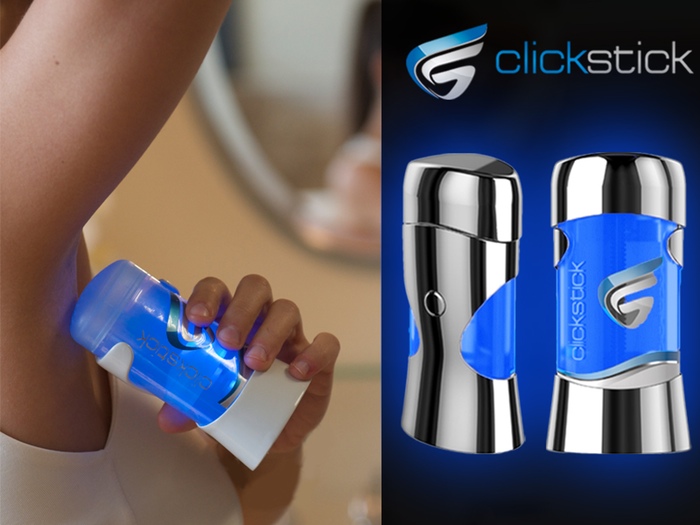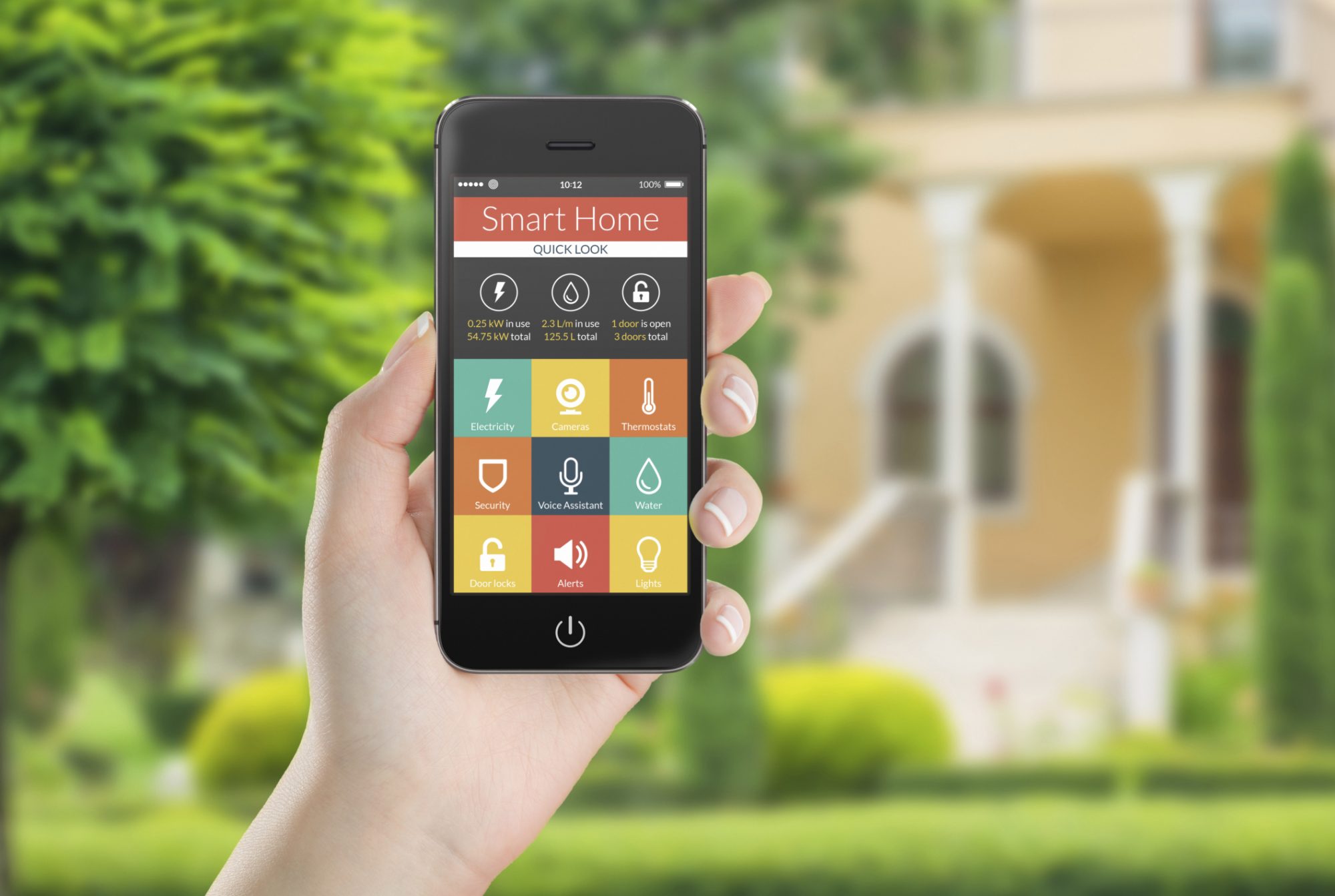Smarthome devices are still an emerging market, but this may change very soon.
New data from Juniper Research suggests that sales of standalone home automation hardware will exceed 300 million by 2020. The context here is this represents a 1000 per cent growth from the current install base of 28 million units. That’s one thousand per cent.
Researchers attribute this growth to a more open approach to devices, lower prices, and increased awareness as factors driving the adoption.
In its report, Smart Home Ecosystems & the Internet of Things: Strategies & Forecasts 2015-2020, Juniper found that thanks to open approaches, smarthomes will now be more akin to ecosystems rather than a collection of standalone devices. Several platforms including SmartThings, Wink, and Deutsche Telekom’s Qivicon are shifting control away from service providers currently dominating the scene.
Retailers will also play a key role in helping consumers understand the value of a smart home, the report said.
“Efforts such as Target’s Open House; a smart home demonstration centre; offer consumers a ‘show and tell’ and rapid understanding of the benefits of the smart home,” researchers said in a statement. “Nevertheless, retail continues to grapple with effective product placement, staff education and the fact that many brands remain unfamiliar to consumers.”
The report also found that subscription models are still a ways off and will not take off until sufficient hardware is in place. Meanwhile, smart home companies looking to reach the global market are “failing to address local market demands, hampering their progress.”




